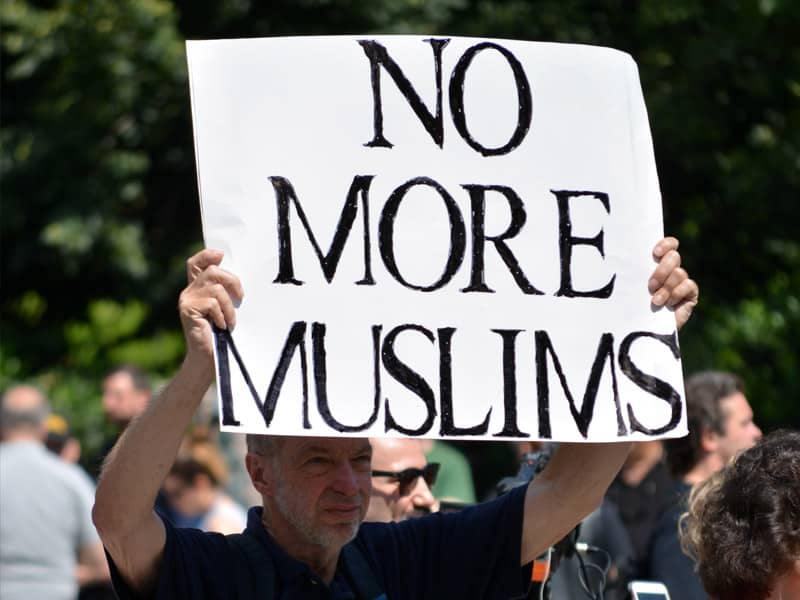I probably would have, at least in spirit. First of all, had I been alive at that time, I would have been a Jew. I believe the message of the Prophet Muhammad (peace be upon him) was the very same message of Moses, although the particulars may be different. Since Moses was a Prophet of God, and his Law was sent by God for me to follow, I would have been bound to follow it. Therefore, I would have strenuously opposed the Greeks who believed that all the gods should be worshipped at the Jerusalem Temple. These gods were inventions of man, and their presence defiled the Temple erected for the worship of the One True God of Abraham, just as the pagan deities of the Arabs defiled the Holy Temple in Mecca.
I would have also stood against those Jews who, seeking to advance themselves in Hellenistic society, wanted to make nudity acceptable, burned the books of the Torah, made circumcision--the mark designated by God to be the symbol of His Covenant with Abraham and his descendants--a capital offense, and sacrificed a pig on the Temple altar. At that time, these actions would have seemed to me, just like to the other followers of the Maccabees, as a direct contravention of the Law of Moses and not a reduction of the Law "to its ethical core, [and thus] universalizing it," as Waldman put it.
I mean, did not the Law say: "Hear, O Israel: The Lord our God [is] one Lord. And thou shalt love the Lord thy God with all thine heart, and with all thy soul, and with all thy might" (Deuteronomy 5:4-5)? Did not the Law say: "Thou shalt have no other gods before me" (Exodus 20:3)?
Did not the Law forbid being naked and the consuming of the flesh of swine? These actions by the Jewish "reformers" would have seemed to me an attempt not to not reinterpret the Law for modern times, but to discard it completely. Thus, in my constant struggle to be a devout servant of the God of Abraham, I would have been in the Maccabees' camp, although I do not know if I personally would have taken up arms against my fellow Jews.
I see a similar struggle emerging among Muslims today, especially in the West. Ever since September 11, Western Muslims have had to step into the light and take a hard look at their faith and how it has been abused and misused. For the most part, it has been a positive experience, especially for me, because September 11 caused the narrow-minded, intolerant, and arrogant Hesham to die. Now, just as there was at the time of the Maccabees, there is a movement to reform Islam from within, to take a fresh look at Islamic texts and traditions, and re-read them in the light of the 21st century.
I am an enthusiastic proponent of such a reinterpretation, and I have already done some of this in my own life, especially through my studies of modern Islamic thinkers such as Michael Wolfe, Murad Hoffman, Muhammad Asad, Ingrid Mattson, Khaled Abou El Fadl, and others.
At the same time, however, I fear this reinterpretation could go too far. I am wary of the call of some Muslims, such as Irshad Manji, that Islam itself is the problem, and thus Islam itself should be changed. I fear that such calls could lead to Muslims advocating that the five daily prayers can be said in English, since--as Manji correctly asserts--conversations with God do not have to be only in Arabic. I fear such calls for "reform" may lead to some Muslims advocating that the five daily prayers no longer have to be said; or Muslims no longer have to fast the month of Ramadan; or the Hajj to Mecca is no longer incumbent upon Muslims who are physically and financially able to do so. If such calls were made, I would be a stringent, though not violent, opponent of those views. In this respect, I resemble the Hasmonean rebels.
The movement to re-look at Islam in the light of modernity--again, one which I wholeheartedly support--has its critics and opponents. Could these be the modern-day Muslim Maccabees? Perhaps. I suspect, in fact, that some Muslims feel the views I now espouse about Islam and Muslims are heretical, and I hold such views to try to "fit in" with modern American society, just like the Hellenized Jews of the second century.
I have already been called a "sell-out" by some Muslims, and a Muslim reader of my recent article on jihad and Ramadan misunderstood what I was trying to say and accused me of viciously attacking Islam and the Prophet. Irshad Manji even faced death threats for her book, The Trouble with Islam.
This must be categorically rejected. The debate within the Muslim community is a healthy one, but it must never resort to Muslim attacking Muslim. I can accept a Muslim's disagreement with the views of moderate Muslims, but I do not accept a Muslim becoming violently disagreeable. Violence is never the answer. So where am I on this debate? I am probably both a Maccabee and a Reformer. In fact, you can call me a Hellenized Jewish Reforming Maccabee...who happens to follow the religion of Islam.

